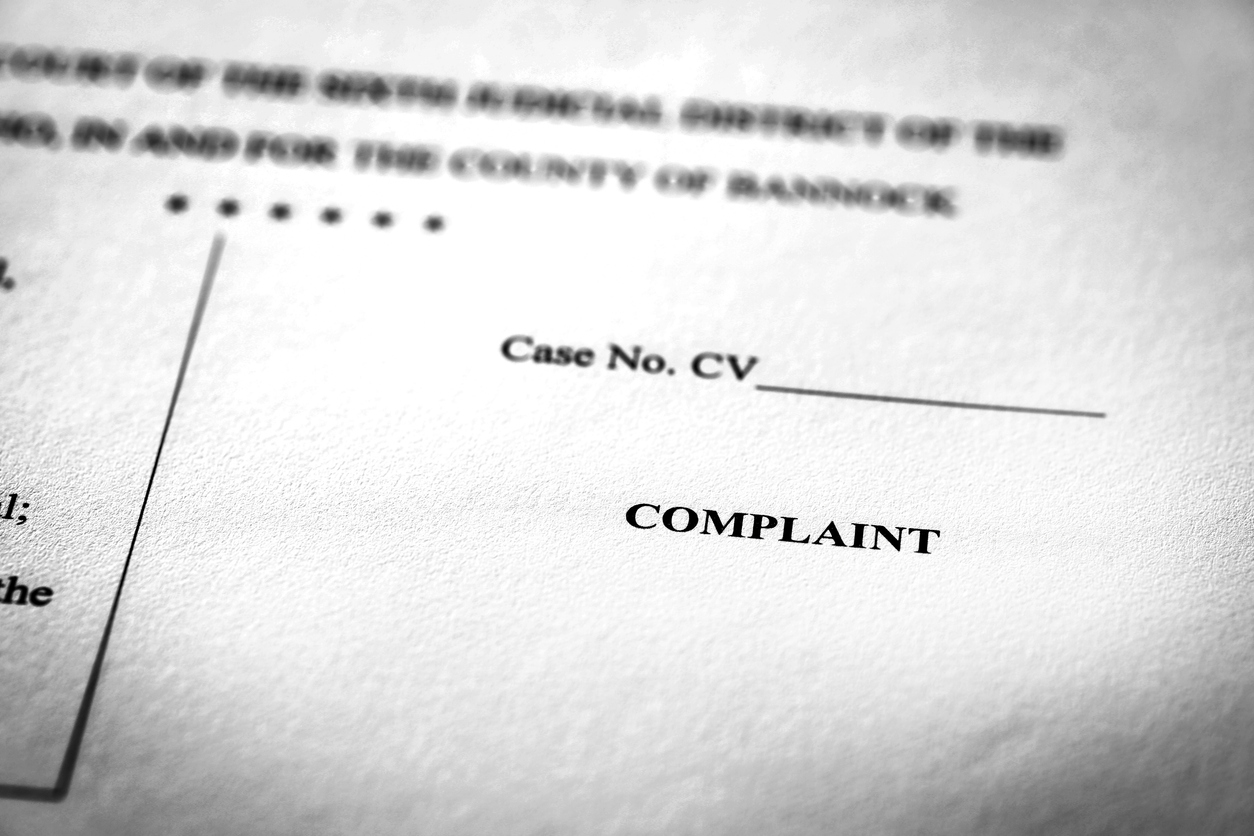Commonly with a divorce, if the parties are thinking about insurance, it might be with respect to a life insurance policy or an auto policy, but homeowners insurance should also be considered. Both policyholders and public adjusters need to be aware of how divorce can impact a current or future property insurance damage claim.
Typically, for residential policies in Florida, your spouse has an interest in the insurance claim. Whether or not both spouses are specifically named on the insurance policy, residential policies usually give married couples coverage. Standard language in a Florida policy may read something like, “in this policy, ‘you’ and ‘your’ refer to the ‘named insured’ shown in the Declarations and the spouse if a resident of the same household.”
Awareness with respect to the requirements for a married couple or one married person to bring a claim under the policy is something policyholders and public adjusters should be considering during the claim process even if the couple is not contemplating separation or divorce. For instance, these considerations are important for purposes of complying with post loss conditions for proof of loss and the examination under oath requirement.
It is also not uncommon for a loss to happen at a time when a couple is in the process of divorce, newly divorced, or separated. There can also be the circumstance where in the middle of the claim, the couple decides to end the marriage. I have witnessed this happen in various scenarios but it seems to be more common during claims when the loss devastates the use of the home or the use of a major part of the home, causing disruption to “normal” life and adding an extreme amount stress to the family members. A long and arduous claim process can, unfortunately, impact relationships and those who either have a claim or represent claimants need to be aware of the how a change in martial status can impact an insurance claim.
In the instance when a divorce happens prior to a loss, the Morgan1 case shows how one couple lost not only their marriage, but also insurance coverage. Dorothy and James Morgan were a married couple living in Florida, and:
[W]hile the Morgans were still married, Dorothy Morgan purchased insurance on their home from American Security. The policy was issued on November 3, 1981, and provided that the term “insured” included the named insured-Dorothy L. Morgan-and any relative residing in the household. The definitional section provided that throughout the policy, “you” and “your” refer to the “named insured” in the declarations and the spouse if a resident of the same household. Shortly thereafter, the Morgans entered into a separation agreement and Dorothy quitclaimed her interest in the house to her husband as she was required to do by this agreement. The Morgans divorced on August 26, 1982…On November 28, 1982, the house was destroyed by fire…When the Morgans sought to recover on Dorothy Morgan’s insurance policy, American Security refused to pay and this suit followed.
American Securities argued it did not have to pay the claim because Mrs. Morgan had no insurable interest in the property at the time of the loss because she transferred her interest via the quit claim deed to Mr. Morgan and; further, that Mr. Morgan was not an insured under the policy because at the time of loss, he was not a spouse or relative of Dorothy Morgan’s residing in the home. The trial court agreed with American Security and after an appeal the Court of Appeal affirmed the ruling, explaining:
Insurance is considered a personal contract in that the hazards the insurance company elects to assume run to the individual rather than upon the property. If the insured parts with all interest in the property prior to the loss, it is not covered. A sale by the insured between the date of the policy and the date of the loss is considered to avoid protection.
Divorce and property division can be very complex matters that are only further complicated by loss and damage to property. Both policyholders and their representatives should be cognizant of how changing residences and deeding property can potentially impact both parties. Property insurance may take low priority when it comes to separation or divorce but a property damage claim can be another devastating loss, especially if the proper actions aren’t taken at the proper time.
Public adjusters in Florida need to be aware of how divorce and deeds can affect insurance claim and should also consider that while Florida Statute 626.8796 requires the public adjuster contract to include the dated signatures of the public adjuster and all named insureds; as a practical matter, named insureds and their spouses should both sign the representation agreements and be on board with the representation.
1 Morgan v. American Sec. Ins. Co., 522 So. 2d 454 (Fla. 1st DCA 1982).



